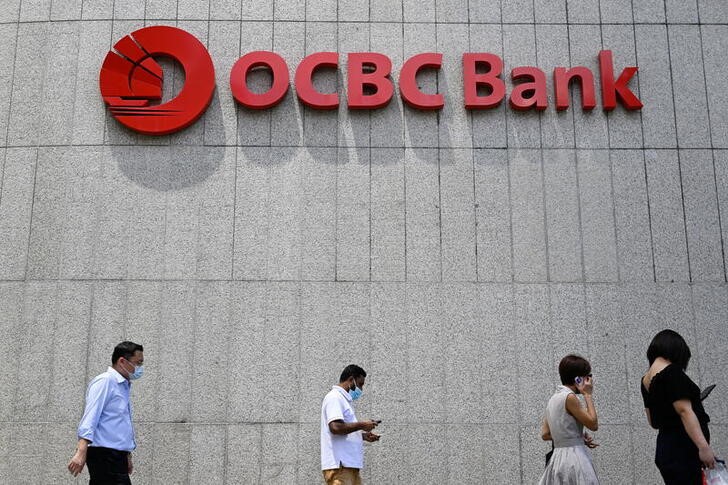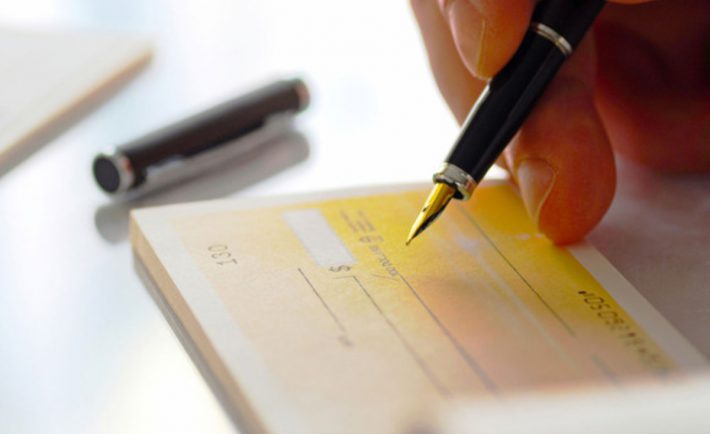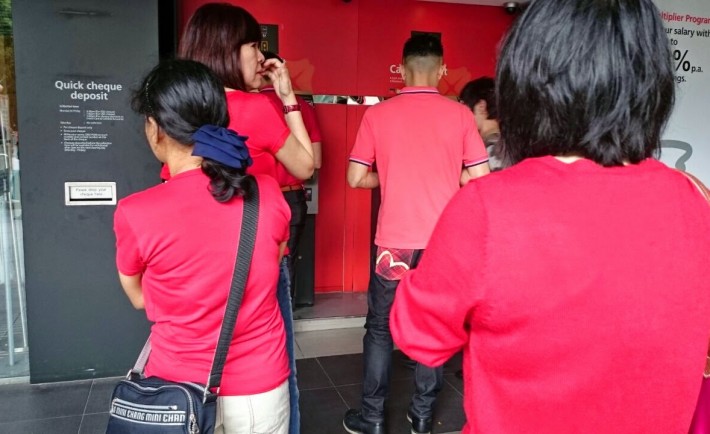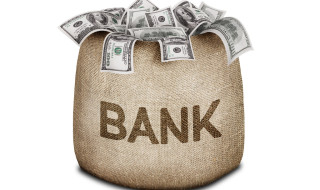There’s a major shift happening in the world of Singapore banking and it’s all to do with our trusty Singdollar checks.
Here’s the scoop.
Starting this November, some of the biggest banks are going to start charging for Singdollar checks and more.
In fact, our local trio of DBS, OCBC, and UOB are already asking for a S$0.75 fee every time you issue or deposit a corporate check.
Maybank is doing things a bit differently now—they’re only charging for issuing checks, at the same S$0.75 fee per check. But if you hold certain accounts with them, you can enjoy up to 30 free checks a month.
But hang onto your hats, because there’s more.
DBS revealed that from 1 November 2023, they will be applying check processing charges to all Singdollar and local US dollar checks, whether they’re issued or deposited.
They’re keeping us in suspense about the details, but promise to give us more info as we get closer to November.
UOB is following a similar path, introducing charges for both Singdollar and US dollar checks. But they’re playing it cool, rolling out these fees “in phases” from November.
OCBC and Maybank are keeping things under wraps for now, but they’ve said they will spill the beans about charges in due time.

Image Credits: reuters.com
And here’s another big news: by the end of 2025, corporate checks will be a thing of the past in Singapore.
Individuals will still be able to use checks for a while longer, but we don’t have an official end date just yet.
This all comes after a public consultation conducted by MAS last year, suggesting a roadmap to phase out checks in Singapore. The use of checks has been steadily declining, thanks to the rise of e-payments among both companies and individuals.
Also, the cost of processing checks has been increasing and is expected to rise even further by 2025.
Until now, most banks have been absorbing these costs, but that’s not sustainable. Hence, they will start passing these costs onto us, the customers.
It’s not all bad news, though.
The goal is to usher in a new era of electronic deferred payment (EDP) solutions, allowing users to make deferred payments or issue a cashier’s order, without needing a physical check.
After the EDP solution is rolled out in 2025, banks will stop issuing new checkbooks to corporates. This will give businesses more time to transition to the EDP solution and other alternative payment methods.
For individuals who are still using checks, don’t worry. You will have a longer time to switch to alternative payment methods like PayNow, FAST, and GIRO.
So, if you’re one of the few who still prefers checks, it’s time to start familiarizing yourself with digital payment options.
The future is here, and it’s digital for sure.









